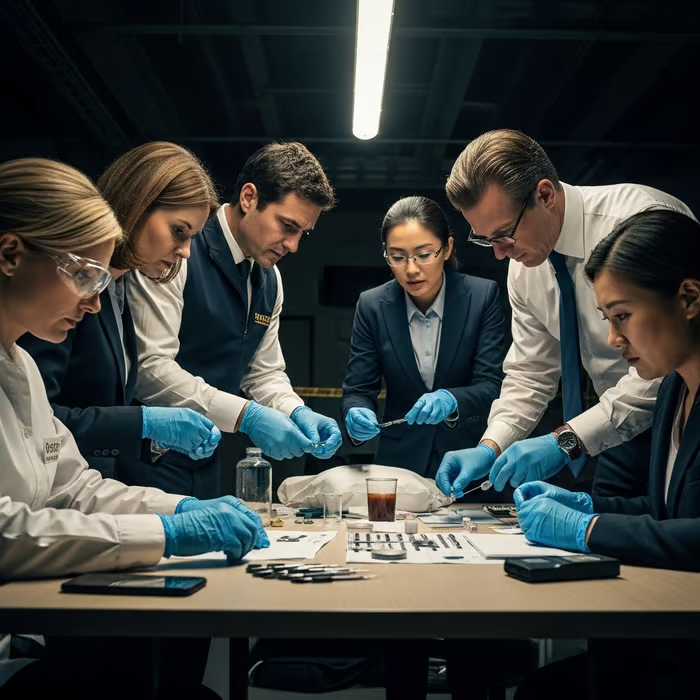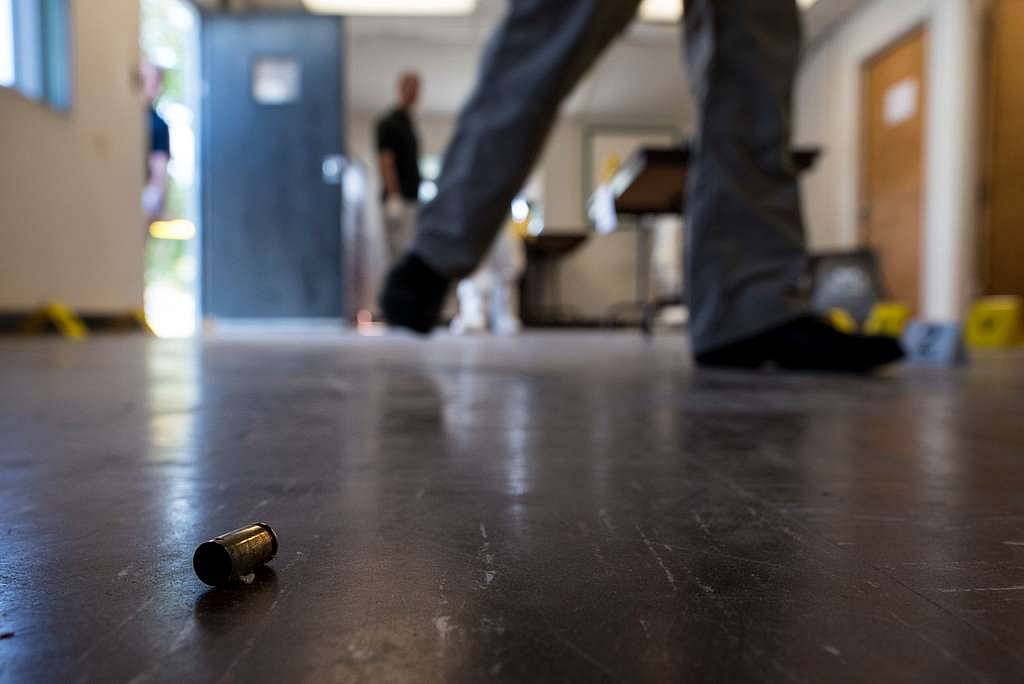Now Reading: Transforming Forensics with Artificial Intelligence: Opportunities and Challenges
-
01
Transforming Forensics with Artificial Intelligence: Opportunities and Challenges

Transforming Forensics with Artificial Intelligence: Opportunities and Challenges
Artificial intelligence (AI) is reshaping the forensic science landscape, offering new tools to enhance investigative accuracy and operational efficiency. Recent discussions at the Harnessing AI for Forensic Science Symposium, hosted by RTI International and Johns Hopkins University, emphasize AI’s promising applications alongside necessary safeguards to ensure responsible use.
AI’s potential in forensics spans the entire evidence lifecycle. Predictive modeling can help lab managers allocate resources by estimating case timelines and staffing needs based on historical data. Machine learning algorithms can prioritize cases and evidence by complexity and potential relevance, thereby addressing backlog challenges and improving lab turnaround times. Additionally, AI can synthesize diverse findings — from DNA to latent prints — delivering cohesive intelligence that supports investigators in drawing actionable insights.
However, experts unanimously stress that AI’s deployment in forensic contexts must come with rigorous human oversight. There are critical risks of misclassifying evidence, which could have severe consequences for defendants and the justice process. Therefore, only AI systems with proven reliability should be used, coupled with continuous human verification.
The symposium highlighted frameworks for responsible AI integration, including ethical guidelines and audit trails to document decision-making pathways. Experts likened generative AI systems to fallible witnesses requiring careful evaluation of their outputs against factual context. Training forensic professionals to understand AI’s limitations and knowing when not to rely blindly on AI results remains a crucial gap to address.
As forensic science evolves in response to technological advances and growing courtroom expectations, AI offers a transformative opportunity to reduce guesswork and boost efficiency. Yet, the synergy of cutting-edge technology with disciplined human judgment will define the future of AI in forensics—ensuring fairness, transparency, and trust.
This new frontier promises to revolutionize forensic workflows while safeguarding justice through responsible innovation.










